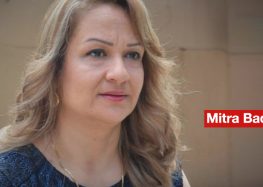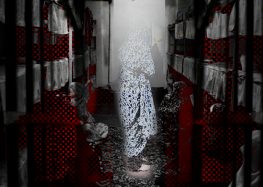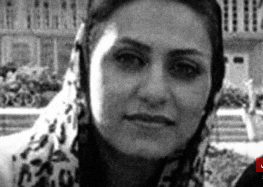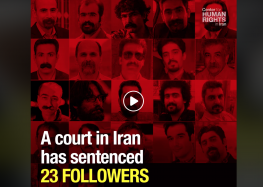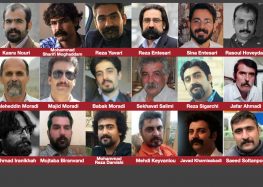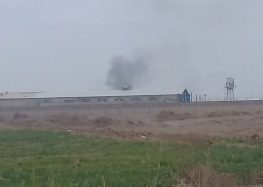Sufi Prisoners Denied Medical Treatment for Painful Pellet Wounds
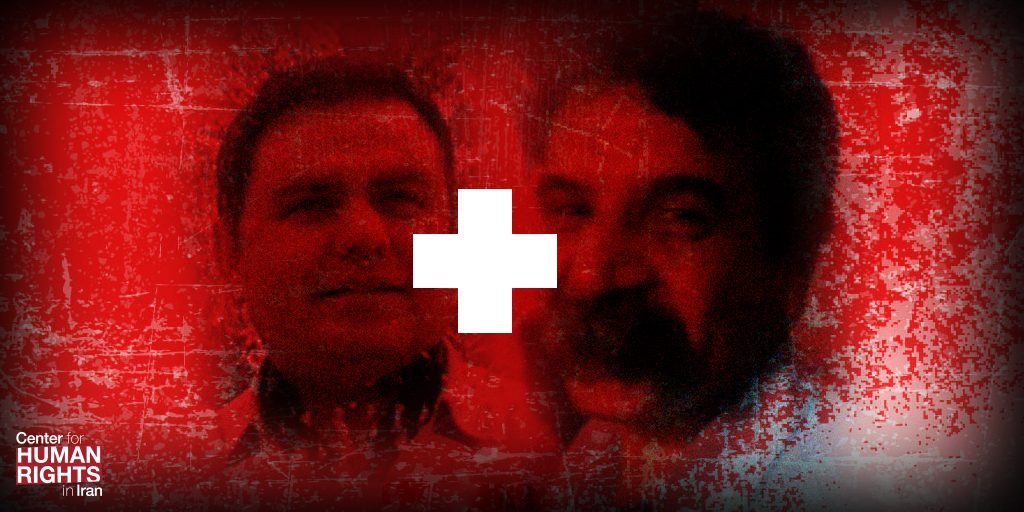
Prison Official: “We shot to kill you, not to treat you”
Two Sufi Muslims imprisoned in Iran’s Great Tehran Penitentiary (GTP) are being denied medical treatment for infected wounds from pellet guns fired by security forces 11 months ago.
Hassan Shahreza and Vahid Khamoushi have not been allowed to receive hospital treatment against the advice of doctors who have examined them, a source with knowledge about their cases told the Center for Human Rights in Iran (CHRI) on January 20, 2019.
“Shahreza was hit with [air gun] pellets in his lungs, stomach, chest and foot. There are about 200 pellets in his body and some have caused infections,” said the source who asked not to be identified for security reasons.
“He was taken to the hospital and told that he needs to be operated on but they didn’t operate on him and he was returned to prison the same day,” added the source.
The source continued: “There have been growths around some of the pellets and some are lodged in his lungs, which is dangerous. They are not being taken to the hospital even though prison doctors said they couldn’t remove them. He had to painfully remove some of the pellets himself from under his skin using sharp objects like tin-can covers.”
A farmer and truck driver, Shahreza, 55, was violently arrested on February 19, 2018, during a confrontation between protesting Sufis and security forces in Tehran.
Both men belong to the Sufi Gonabadi Order, referred to as Gonabadi Dervishes, a severely persecuted religious minority in Iran.
In late June 2018, Shahreza was sentenced to seven years in prison, 74 lashes and banned for two years from political activities and leaving the country. The sentence was upheld on appeal.
“In a phone conversation he told me the pain had become unbearable and on some nights had prevented him from sleeping,” said the source. “His lungs have become infected because of the lodged pellets and they’re becoming worse every day.”
“When he told an official about needing an operation in a hospital, the official replied, ‘We shot to kill you, not to treat you,” added the source.
Police in Iran use air guns with pellets to suppress protests. With each burst, the guns fire hundreds of tiny lead pellets that become lodged under the skin and can cause severe medical issues, especially when shot from close range.
The source told CHRI that Shahreza has not had any visits with family members during the past 11 months because his elderly parents are not aware of his incarceration and other relatives cannot travel the long distance to the prison where he is being held.
The source also told CHRI that another dervish, Vahid Khamoushi, has not received specialist treatment for a broken ankle in addition to wounds caused by pellets shot at him during his arrest in February 2018.
“One of the pellets was lodged in his testicle and caused an infection and inflammation because he was not taken to the hospital,” the source said. “He had to cut the wound in his testicle to remove the puss but the pellet is still inside and might cause an infection again.”
In early July 2018, the 28-year-old surveyor, who had refused to appear in court to protest the charges against him, was sentenced by a preliminary court to 12 years in prison and two years in exile in the remote town of Rayen in Kerman Province in connection with the February 2018 protests.
With an official capacity of 15,000 inmates, the GTP, located in Tehran Province’s Fashafouyeh district, 20 miles southeast of the capital, is the largest detention facility in the country.
Known for its “inhumane” living conditions, the prison was built in 2015 primarily for holding suspects and inmates convicted of drug-related offenses but Iran’s judiciary has also used it to incarcerate activists and dissidents.

